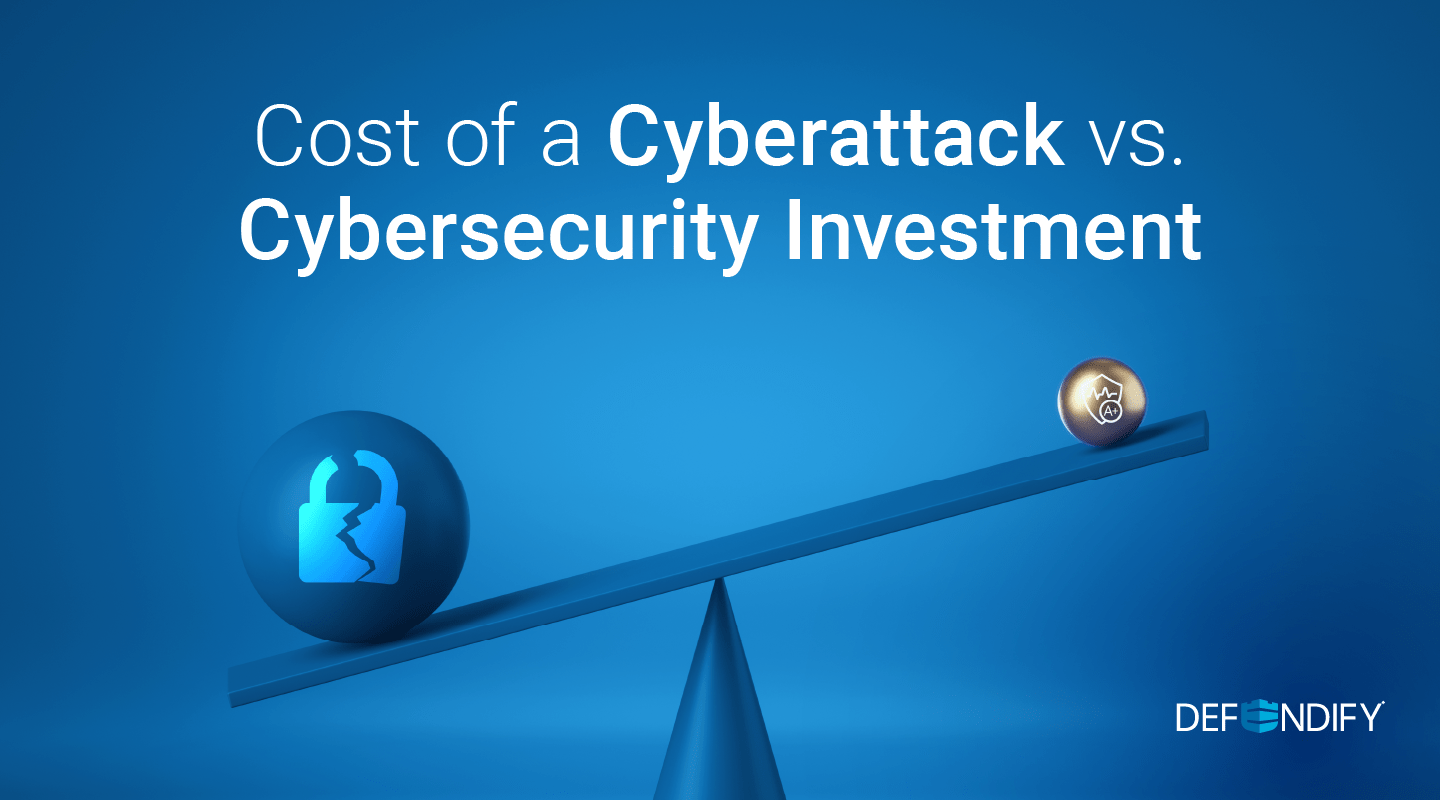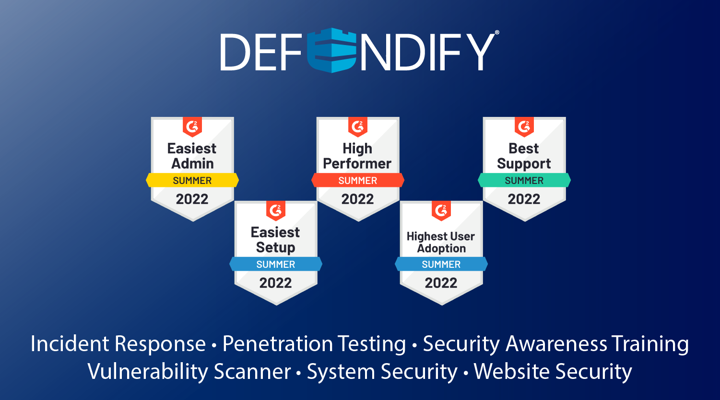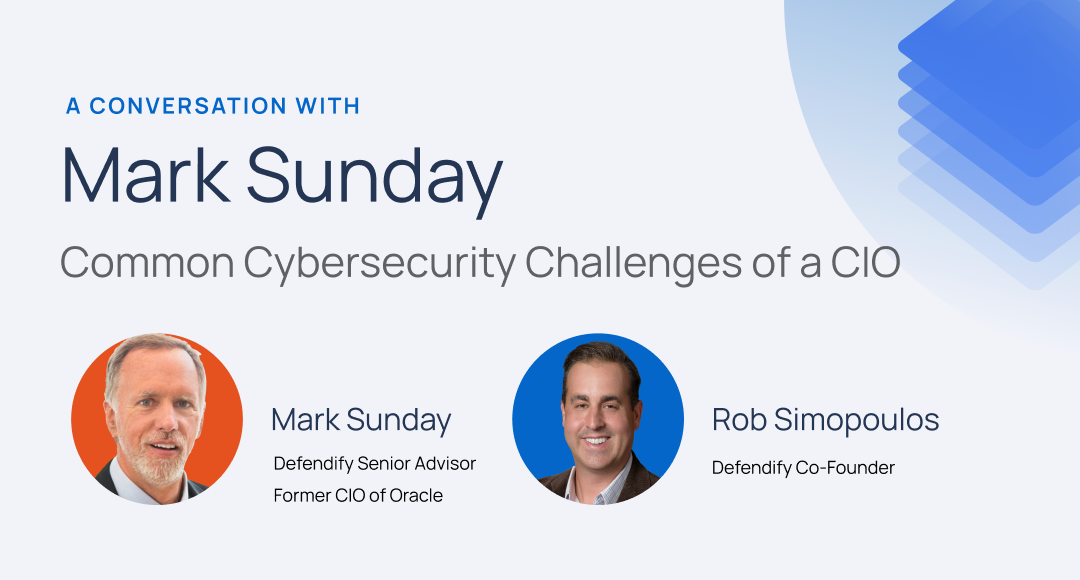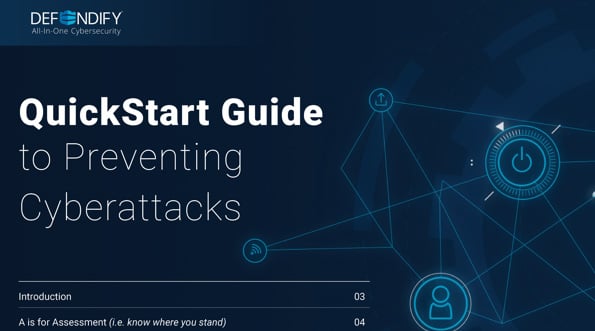We use mobile phones for so much more than talking and texting – half of all web traffic comes from mobile devices, and there are apps for everything from social media to transportation and beyond. Mobile devices appear near-constantly in the workplace as well – but we don’t always take the time to think about what that means – especially in terms of security.
Sensitive Data Goes Mobile
Your customers rely on their phones as much as anyone, often storing a great deal of sensitive data on them. Smartphones are the ultimate in convenience, allowing busy, on-the-go employees to easily communicate and keep information at their fingertips. But think about all the potentially sensitive information stored on a mobile device:
- Emails, files, and messages with confidential information
- Photos of products, post-meeting whiteboard notes, and other Intellectual Property (IP)
- Work-related apps and programs used for banking, social media, note-taking, and more
The list goes on and on! Every day your customers send, receive, and store sensitive data on mobile, often without even realizing it, or the implications.
Convenience Can Lead to Inconvenience
Convenience is a key benefit of mobile devices, but the portable nature means they can be more easily lost or stolen – and all that data subject to compromise. This is especially troubling given that 52% of people don’t password-protect their mobile phone, making the information accessible by anyone who finds the device. With the portability factor and the gray area around Bring Your Own Device (BYOD) in many organizations, companies often lack control over business data stored on both company and personal phones.
Additionally, mobile malware can allow cyberattackers to access information and communications from the device. Mobile devices can become infected through similar methods as computers: phishing and SMiShing, malicious apps, vulnerabilities in the operating system, or connection to public Wi-Fi.
Mobile Devices Are Part Of, Not Exempt From, Everyday Cybersecurity
Mobile devices in the workplace aren’t going away any time soon, but you can help your customers use them more safely.
As with many topics, sometimes just starting the conversation is enough to encourage action. Discuss the risks of mobile devices, and encourage your customers to consider taking a few security steps:
- Lock devices with a passcode (longer is better!) or biometric method like a fingerprint.
- Use good judgement when out-of-the-office: keep track of mobile devices and avoid connecting to public Wi-Fi
- Review and enforce company policies around mobile devices
Once the ball is rolling, additional steps will further improve your customers’ process and posture around mobile devices:
- Implement a Technology and Data Use Policy detailing how employees can use mobile devices and whether BYOD is allowed
- Build an Incident Response Plan that covers a loss or breach of a mobile device
- Train employees on how to properly use and secure mobile devices
- Recommend additional technology for mobile phones storing company data, such as mobile anti-malware and mobile device management software
Moving forward with these recommendations in mind means better protection for customers while allowing them the flexibility of working with, and on, their mobile phones. Security and convenience – they really can have it all!
Stay Safe,
Your Friends @ Defendify
Resources & insights

Why You Could Be Denied Cyberattack Insurance Coverage

Cost of a Cyberattack vs. Cybersecurity Investment

Defendify Listed as a High Performer in Six G2 Grid Categories

Why You Could Be Denied Cyberattack Insurance Coverage

Cost of a Cyberattack vs. Cybersecurity Investment

Defendify Listed as a High Performer in Six G2 Grid Categories
Protect and defend with multiple layers of cybersecurity
Defend your business with All-In-One Cybersecurity®.
Explore layered
security
Learn more about Defendify’s three key layers and All-In-One Cybersecurity®.
How can we help?
Schedule time to talk to a cybersecurity expert to discuss your needs.
See how it works
See how Defendify’s platform, modules, and expertise work to improve security posture.






